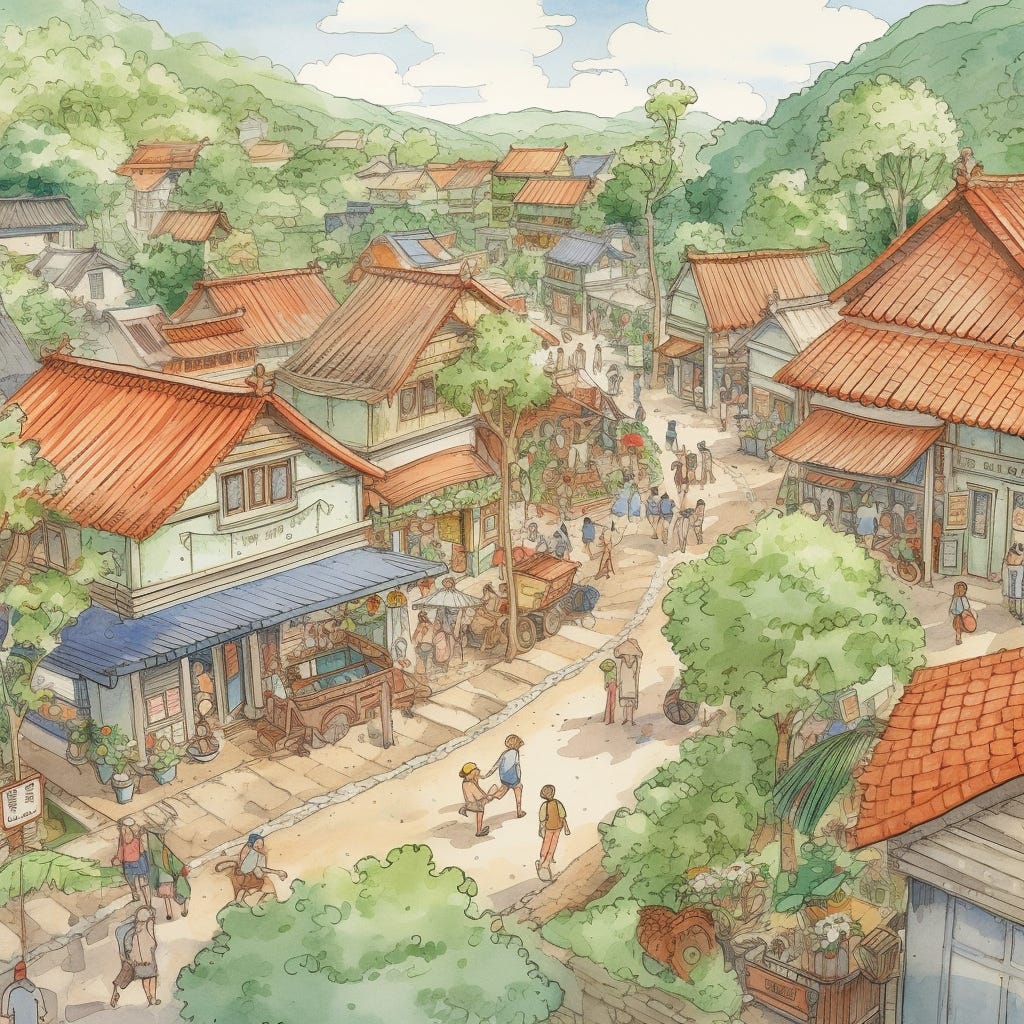Community Economies: Reframing Wealth Building
How community solidarity, cooperation and ownership could be the solution to it all
“How can we change the system?”
There are different ways one can answer this question. One way that, at least to me, is increasingly becoming the silver bullet for large-scale transformation is Community-Based Wealth Building.
Reframing Wealth-Building: From Me to We
Our current wealth-building system is based on individualism and there…





